Breathe Better: Supporting Lung Health Through Air Quality
Your lungs work tirelessly every moment of your life, bringing oxygen into your body and removing carbon dioxide. While many people focus on exercise and diet for overall wellness, air quality is one of the most overlooked factors in supporting lung health.
Fun fact: Poor indoor or outdoor air quality can make your lungs work harder, even if you feel fine. Simple steps can make a significant difference in how your respiratory system functions daily.
How Air Quality Impacts Lung Function
Air quality refers to the cleanliness and safety of the air you breathe. Pollutants, dust, smoke, and allergens can influence lung efficiency and oxygen exchange. Maintaining healthy lungs involves supporting their function while minimizing exposure to environmental stressors.
Did you know? Even everyday household activities, such as cooking on a gas stove or burning candles, can release particles that impact air quality. Proper ventilation and filtration can help reduce the presence of these airborne irritants.
Key factors affecting air quality:
- Outdoor pollution from vehicles and industry
- Indoor pollutants like dust, mold, and pet dander
- Particulate matter (PM2.5 and PM10)
- Volatile organic compounds (VOCs) from cleaning products or paints
How to Check Air Quality and What It Means
Understanding the Air Quality Index (AQI) is crucial for maintaining lung health. The AQI measures air pollution and provides insight into the level of air pollution and the steps that may help protect your respiratory system.
Did you know? The AQI ranges from 0 to 500, with higher values indicating greater pollution and a more significant potential impact on your lungs.
AQI Categories
- 0–50 (Good): Air quality is satisfactory; pollution poses little or no risk.
- 51–100 (Moderate): Acceptable air quality; sensitive individuals may notice mild effects.
- 101–150 (Unhealthy for Sensitive Groups): Sensitive individuals may experience adverse effects; the general public is less likely to be affected.
- 151–200 (Unhealthy): Everyone may experience effects; sensitive groups may experience more serious effects.
- 201–300 (Very Unhealthy): Health alert; everyone may experience severe effects.
- 301–500 (Hazardous): Emergency conditions; entire population likely impacted.
Fun fact: The AQI is color-coded to make it easy to interpret at a glance.

How to Monitor Local Air Quality
- AirNow.gov: Real-time AQI data by ZIP code with forecasts.
- Local Environmental Agencies: Many provide AQI updates and alerts.
- Mobile Apps: Apps like AirCare and AirVisual provide AQI readings and notifications.
Did you know? Some apps can alert you when air quality reaches unhealthy levels, helping you take timely precautions.
Lifestyle Tips for Lung Support
Fun fact: Regular movement helps your lungs circulate air more efficiently and supports the distribution of oxygen.
Here are practical habits to keep your respiratory system functioning optimally:
- Stay active: Walking, cycling, and light cardio support lung efficiency.
- Breathe mindfully: Deep, diaphragmatic breathing encourages complete lung expansion.
- Maintain indoor air quality: Use HEPA filters, ventilate your home, and reduce sources of indoor pollution.
- Stay hydrated: Water helps maintain healthy mucous membranes in the respiratory tract.
- Incorporate lung-supportive herbs: Herbs such as thyme, mullein, and eleuthero can complement a lung-supportive lifestyle.
Did you know? Houseplants like spider plants, peace lilies, and bamboo palms can help naturally filter indoor air, supporting cleaner breathing spaces.
Natural Allies for Respiratory Wellness
Certain natural preparations can complement healthy lifestyle habits:
- Herbal teas and infusions: Lung-friendly herbs, such as peppermint, eleuthero root, and licorice, support normal respiratory function.
- Oxymels and tinctures: Combinations of herbs with honey and vinegar create soothing, supportive formulas that offer a unique blend of benefits.
- Aromatherapy: Essential oils like eucalyptus or rosemary may help support a feeling of clear, easy breathing when used safely.
Fun fact: The term “oxymel” is derived from Greek words meaning “vinegar” and “honey,” historically used to preserve herbs while supporting wellness.
🧐 Frequently Asked Questions About Lung Health and Air Quality
What is the best way to support lung health?
Supporting lung health starts with daily lifestyle habits. Staying active, practicing deep breathing, drinking plenty of water, and maintaining good indoor air quality all contribute to healthy lung function. Incorporating herbs that traditionally support the respiratory system can also complement a lung-friendly routine.
How does air quality affect the lungs?
Air quality affects the amount of pollution and particles you inhale. When the air contains more pollutants, your lungs must work harder to filter and process oxygen. Clean air helps your lungs function more efficiently, supporting better oxygen exchange and overall energy levels.
How can I improve indoor air quality?
Simple steps can make a big difference: open windows on clean-air days, run HEPA air filters, vacuum with a filter-equipped vacuum, reduce the use of harsh chemical cleaners, and add houseplants that naturally purify the air. Maintaining a balanced indoor humidity level can also help minimize mold and dust buildup.
How can I check the air quality in my area?
You can check the Air Quality Index (AQI) for your location using resources like AirNow.gov, local environmental agencies, or air quality apps. These tools provide real-time updates and forecasts, allowing you to plan outdoor activities when the air quality is better.
Are there herbs that support the respiratory system?
Yes, several herbs are traditionally used to support normal respiratory function. Mullein, thyme, eleuthero, peppermint, and licorice are often used in teas, tinctures, or oxymels as part of a wellness routine. Always research herbs and consult a qualified professional if you’re new to using them.
Supporting lung health is about more than avoiding smoke or taking supplements — it’s about creating clean air, practicing mindful breathing, staying active, and integrating lifestyle habits that help your lungs function efficiently. By monitoring air quality, maintaining clean indoor air, staying active, and incorporating hydration and herbal allies, you can help your respiratory system function optimally every day.
Did you know? Even small changes, such as opening windows on low-pollution days or adding a few air-cleaning plants, can make a noticeable difference in how your lungs feel over time. Prioritizing these simple daily habits can support stronger lungs, better energy, and long-term respiratory wellness.


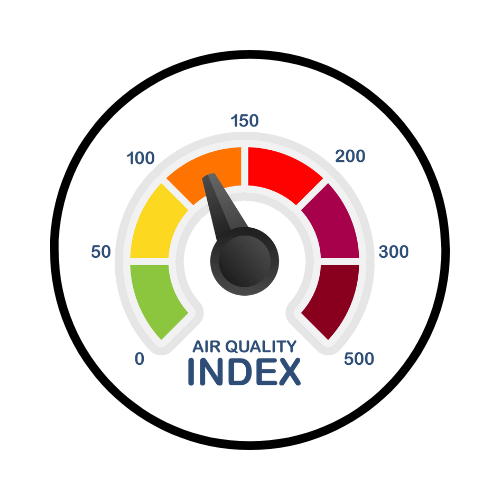

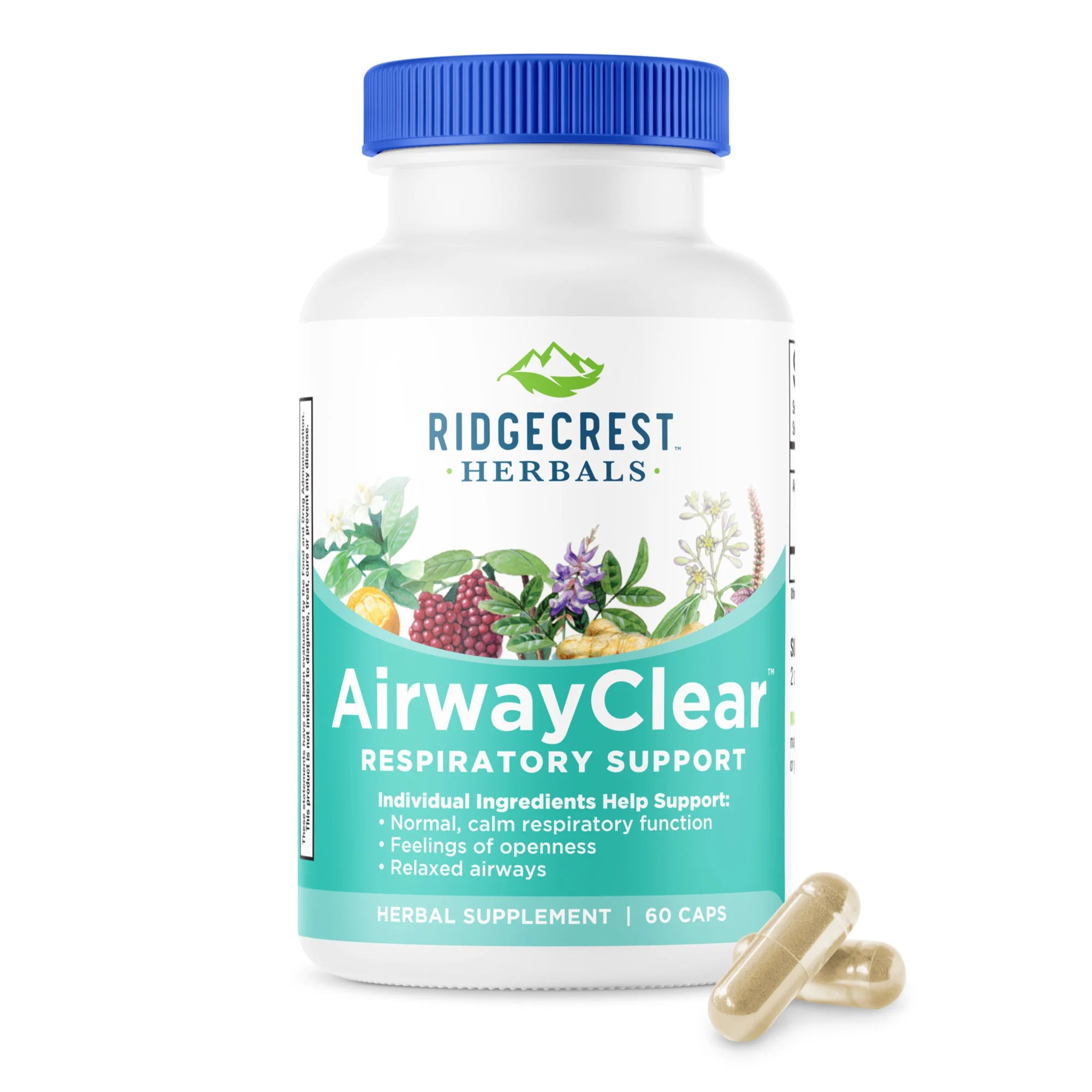
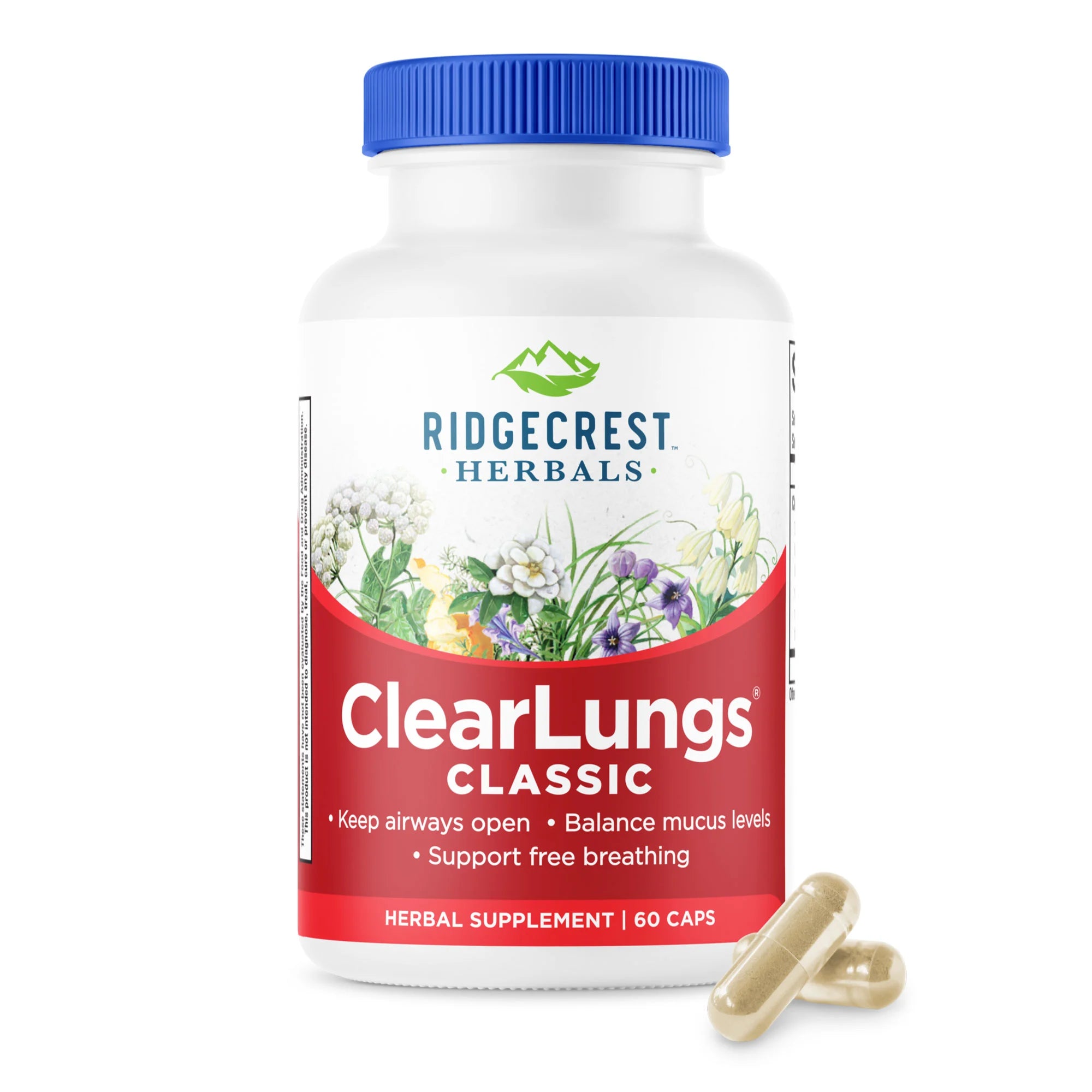
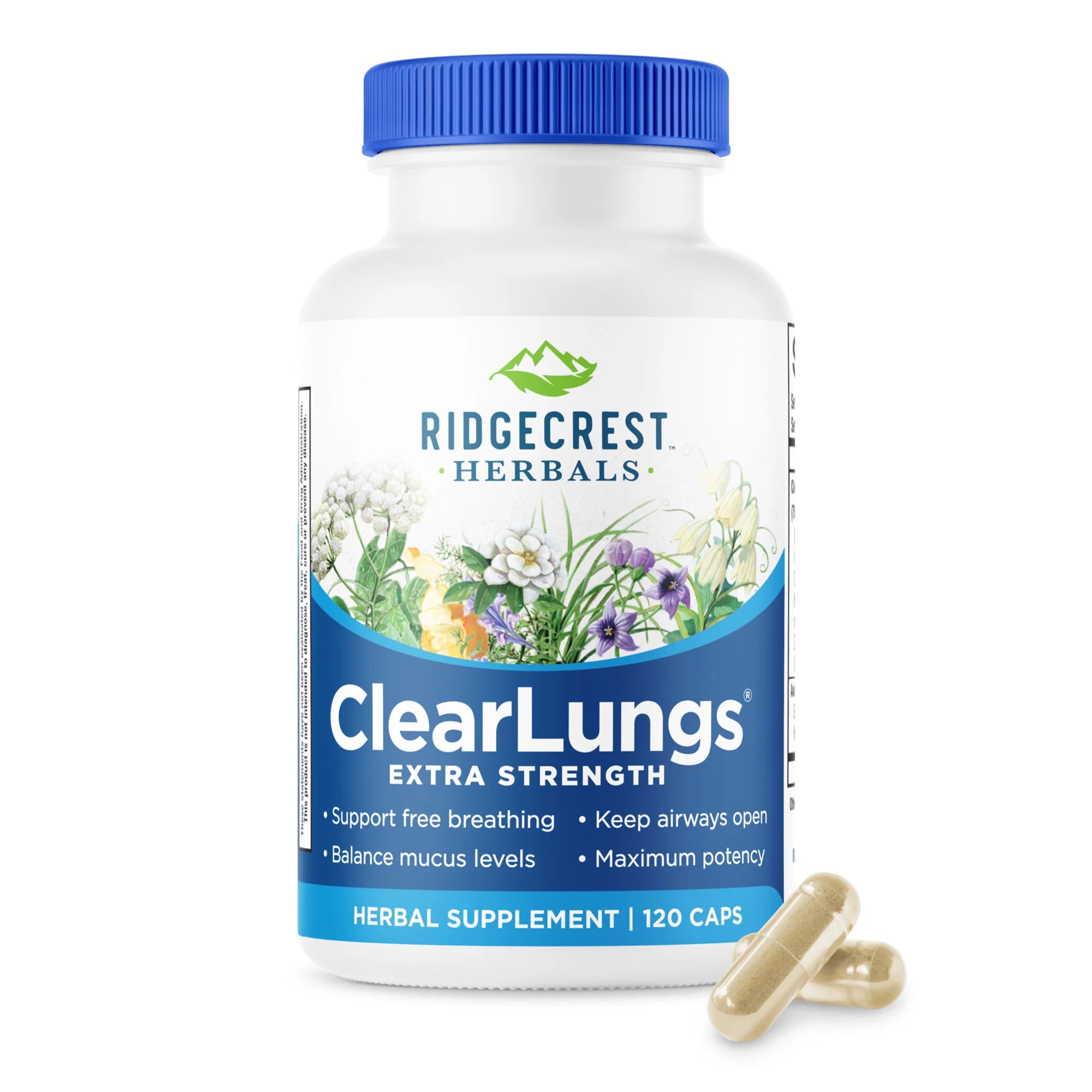
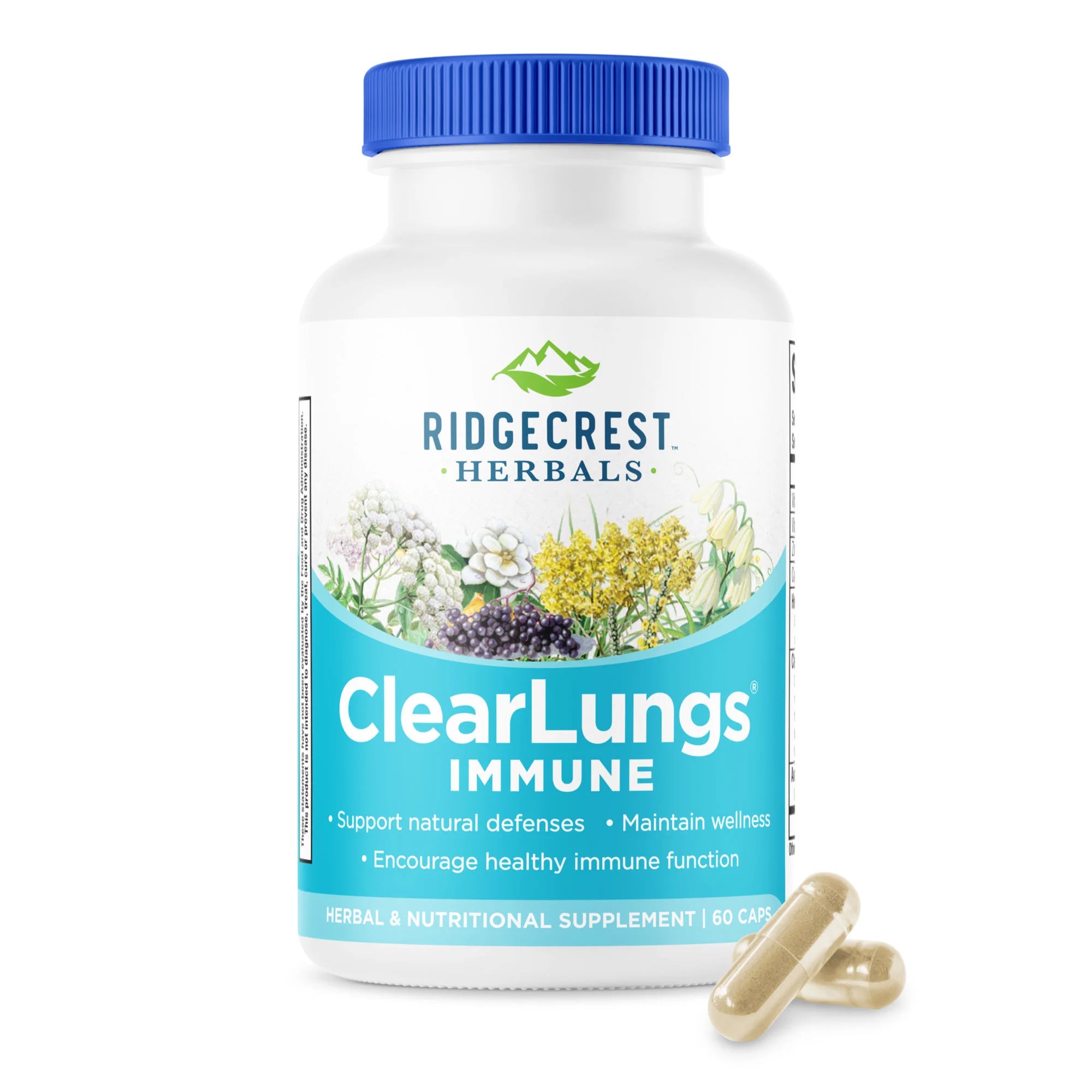
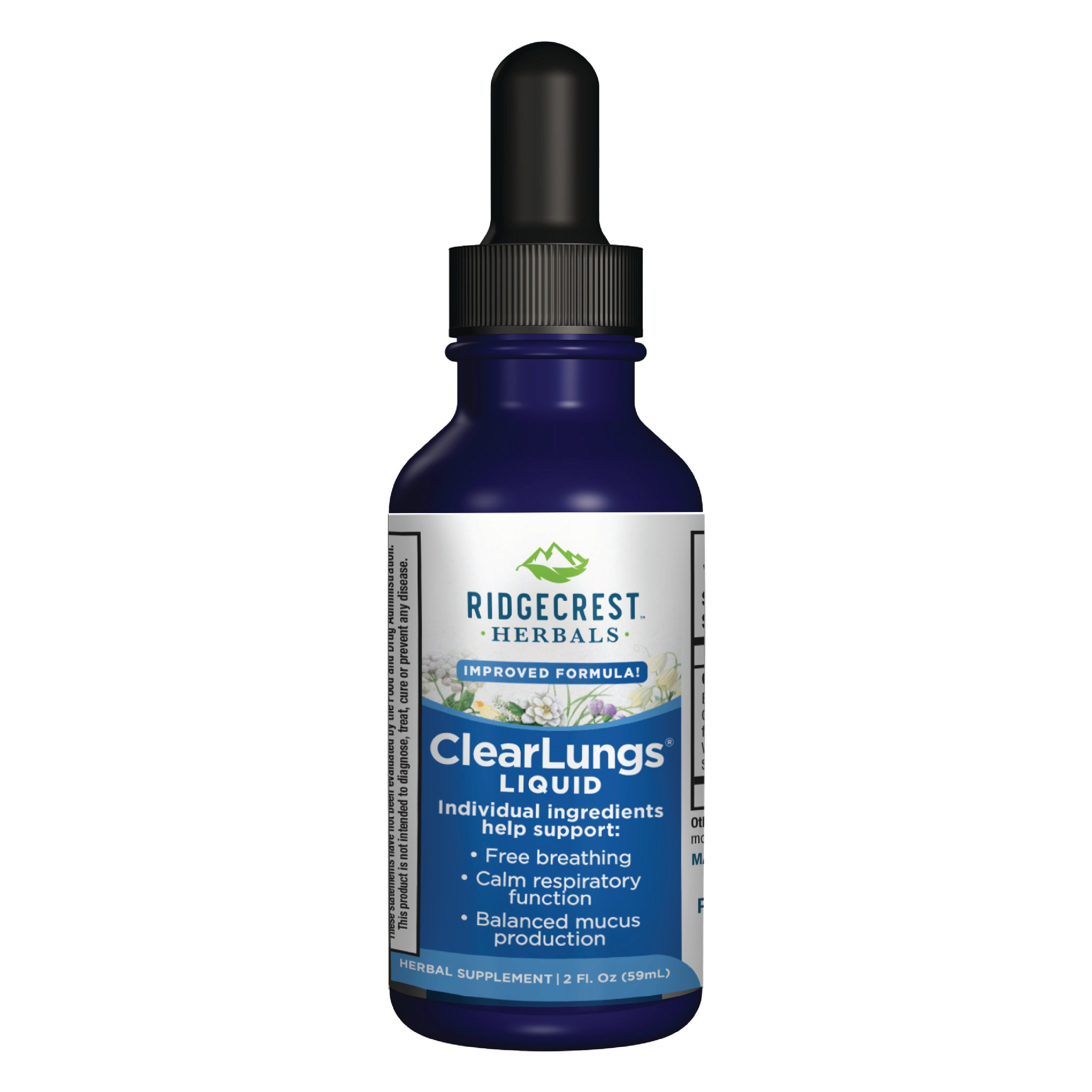
Leave a comment
All comments are moderated before being published.
This site is protected by hCaptcha and the hCaptcha Privacy Policy and Terms of Service apply.